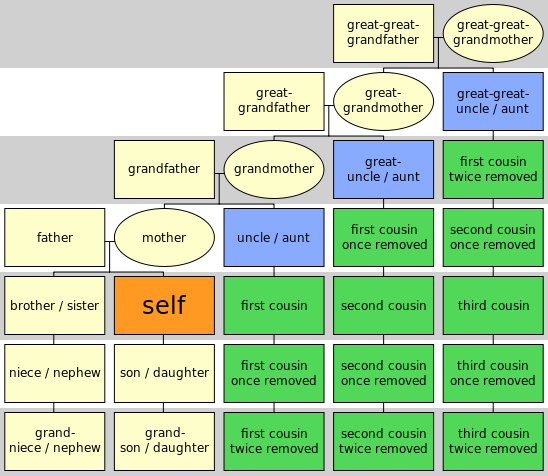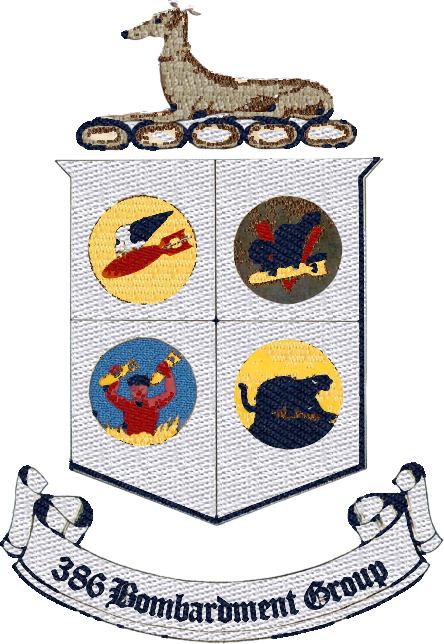Robert Preston, an American actor best known for his portrayal of a brassy, breezy, fast-talking and warmhearted confidence man from Gary, Ind., Prof. Harold Hill, in ''The Music Man,'' died of lung cancer Saturday in Santa Barbara, Calif. He was 68 years old and lived in Montecito, Calif.
In a career that spanned nearly half a century, Mr. Preston appeared in a wide variety of plays and films - from the many low-budget B pictures he made in the 1940's and early 1950's through moving interpretations in serious dramas such as ''The Dark at the Top of the Stairs'' (1960) and ''All the Way Home'' (1963) through his hilarious performances in two satires by Blake Edwards, ''S.O.B.'' (1981) and ''Victor/Victoria'' (1982).
Mr. Preston's stage credits included leading roles in ''Twentieth Century'' (1951), ''The Male Animal'' (1952), ''The Tender Trap'' (1954), ''Janus'' (1955), ''The Hidden River'' (1957), ''Ben Franklin in Paris'' (1964), ''The Lion in Winter,'' (1966), ''Nobody Loves an Albatross'' (1963), ''I Do! I Do!,'' opposite Mary Martin, (1966), ''Mack and Mabel'' (1974) and ''Sly Fox'' (1977). He also appeared as Shakespeare's Henry IV in the mid-1960's.
But it was his vibrant realization of the title role in ''The Music Man,'' an extraordinarily successful musical comedy by Meredith Willson, that won Mr. Preston lasting fame. The show opened on Dec. 19, 1957, and ran for 1,375 performances. Brooks Atkinson, then the drama critic for The New York Times, called ''The Music Man'' ''marvelous'' and added, ''If Mark Twain could have collaborated with Vachel Lindsay, they might have devised a rhythmic lark like 'The Music Man,' which is as American as apple pie and a Fourth of July celebration.''
''As the infectious bunko man, Mr. Preston could hardly be improved on,'' Mr. Atkinson added. ''His expansive energy and his concentration on the crisis of the moment are tonic.'' Mr. Preston played a shady but likable salesman who is finally redeemed by the love of an Iowa librarian named Marian. He remained with ''The Music Man'' for the first three years of its run, and later re-created the leading role in a 1962 motion picture with Shirley Jones. 'My Best Hobby'
''Acting is all I've ever done, and I've nothing else to make comparisons with when anyone asks me whether I've ever wanted anything else out of life,'' Mr. Preston told an interviewer in 1964. ''It's given me enough satisfaction so that I haven't wanted or had to look for anything else. For a man without hobbies, I stand in a wonderful spot, where what I do is my best hobby and everything else is a poor second.''
Mr. Preston, whose original name was Robert Preston Meservey, was born in Newton Highlands, Mass., on June 8, 1918. He attended school in Hollywood, where his father played baseball with the Hollywood Blues of the Pacific Coast League and his mother worked in a Los Angeles music store.
At 16, he left school to become an actor. He joined a small Shakespearean troupe and later the Pasadena Community Theater, where he appeared in 42 productions. While playing Harry Van, a hoofer, in Robert Sherwood's play ''Idiot's Delight,'' he was spotted by a talent scout and signed to a motion-picture contract with Paramount. Over the next few years, he appeared in dozens of films; in one of the first of these, ''Union Pacific,'' a salute to the ''iron horse'' by Cecil B. DeMille, he played Barbara Stanwyck's husband. ''I'd get the best role in every B picture and the second best in the A pictures,'' he later recalled.
Mr. Preston served in the Army Air Forces during World War II, then returned to Hollywood and resumed making films. But after he came East in 1951 to replace Jose Ferrer on Broadway in ''Twentieth Century,'' he remained in New York and quickly established himself as a particularly versatile theatrical actor. ''At all times, he is efficient, inventive and a help to the authors,'' the critic Walter Kerr wrote of Mr. Preston's work. Won Role With 'Trouble'
Several actors were considered for the leading role in ''The Music Man,'' among them Milton Berle, Art Carney and Ray Bolger. But Morton Da Costa, who directed the show, had seen Mr. Preston in summer-stock shows and had been impressed. ''Preston has energy and he has reality,'' the director observed. ''He's an actor who can project himself larger than life. And he has enough sureness of technique and enough urbanity to portray the con man and the opportunist without resorting to a wax mustache.'' Mr. Da Costa and Mr. Willson asked Mr. Preston to audition and after they heard him sing ''Trouble,'' considered the most difficult song in the score, they enthusiastically offered him the role of Harold Hill. Mr. Preston won Tony Awards for his appearances in ''The Music Man'' and ''I Do! I Do!''
After leaving ''The Music Man,'' Mr. Preston continued to appear regularly on stage and screen. One of his most admired later portrayals was of Mack Sennett in ''Mack and Mabel,'' a 1974 musical with music and lyrics by Jerry Herman, and as George C. Scott's successor as the modern Volpone in Larry Gelbart's hit comedy ''Sly Fox,'' in 1977.
He won critical acclaim for his unexpected appearances as a quack, drug-happy doctor in ''S.O.B.'' and as a master of ceremonies at a transvestite nightclub in ''Victor/Victoria.'' Of the latter film, Vincent Canby observed in The New York Times that ''Mr. Preston is flawlessly funny without allowing Toddy to become the camp figure he might have been.''
''Toddy is fastidious and commonsensical,'' Mr. Canby continued, ''world-weary but still capable of taking risks with enthusiasm, full of vanity yet incapable of fooling himself for very long. It's a rich, wonderful characterization, topping - I think - his memorable performances in 'The Music Man' on the stage and the screen.'' Mr. Preston was named best supporting actor of 1981 by the National Society of Film Critics for his performance in ''Victor/Victoria.'' Appeared in TV Movies
His television appearances were sparing. ''I've done my best to avoid B pictures,'' he said in 1983. ''Why should I go into them now and call it television?'' Nevertheless, he appeared in several television movies in recent years, including ''September Gun,'' the story of an aging gunfighter, ''Finnegan Begin Again,'' about a veteran newspaperman, and ''Outrage,'' about a father whose daughter was raped. His only television series, ''The Chisholms,'' ran on CBS in 1979 as a mini-series and continued the following year as part of the network's regular programming.
Whether working in films, theater or television, Mr. Preston insisted that the experience for an actor was essentially the same. ''The camera lens or the television camera is still just a proscenium arch,'' he told The New York Times in 1985. ''And as a great old character actor once said to me, wherever you're acting, you reach up and take hold of the proscenium arch and you pull it down around your shoulders.''
He is survived by his wife, Catherine, and his father, Frank Meservey Sr. of Los Angeles.
Source: NY Times






























